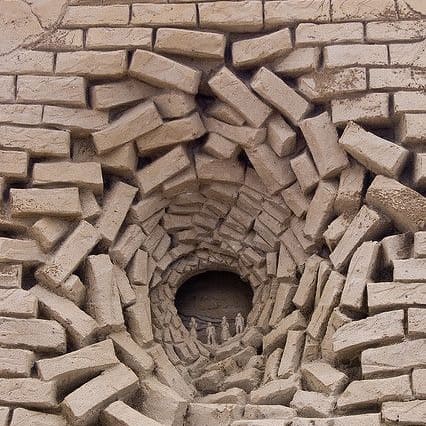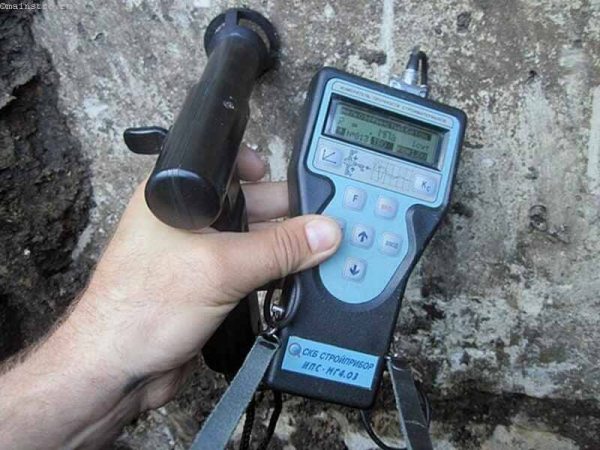We conduct testing of various construction materials to thoroughly assess their strength, resistance to external influences, and compliance with building regulations and standards:
- Roll roofing materials according to the requirements of DSTU B V.2.7-101-2000
- Gypsum plasterboards according to DSTU EN 520:2018
- Bricks and stones according to DSTU B V.2.7-61:2008 and DSTU B V.2.7-80:2008
- Roof tiles according to DSTU B V.2.7-28-95 and DSTU B V.2.7-6-94
- Geosynthetics, geotextiles, and geogrids by the following indicators:
- Thickness
- Tensile strength
- Elongation at break
- Surface density
- Resistance to aggressive environments
- Frost resistance
- Water absorption
- Waterproofness
Testing protocols for construction materials are a valuable tool that can be used in various ways. Here are some key applications:
- Quality and compliance confirmation: Protocols serve as official proof that construction materials meet declared characteristics, technical specifications, building regulations, and standards. This is particularly important for quality control on construction sites and during project commissioning.
- Decision-making on material selection: By comparing test protocols from different manufacturers or types of materials, engineers, architects, and developers can make informed decisions when selecting the most suitable materials for a specific project, considering their technical properties and cost.
- Quality control of deliveries: Protocols can be used to verify each batch of supplied materials for compliance with declared characteristics, helping to prevent the use of substandard products.
- Dispute resolution: In case of claims regarding the quality of materials used, test protocols can serve as objective evidence of their properties at the time of testing.
- Optimization of design solutions: Analysis of test results may reveal potential weaknesses or redundant properties of materials, allowing optimization of design decisions, cost reduction, and increased reliability of structures.
- Scientific research: Testing protocols are a valuable source of information for scientific studies in the field of construction materials, enabling the study of material behavior under various loads and operating conditions, as well as the development of new, more efficient materials and technologies.
- Marketing and communication: Manufacturers of construction materials can use test protocols as proof of the quality of their products in promotional materials, on websites, and during communication with potential clients.
Thus, testing protocols are an essential tool at all stages of a building object’s lifecycle, from design to operation, ensuring the quality, reliability, and safety of construction structures.




